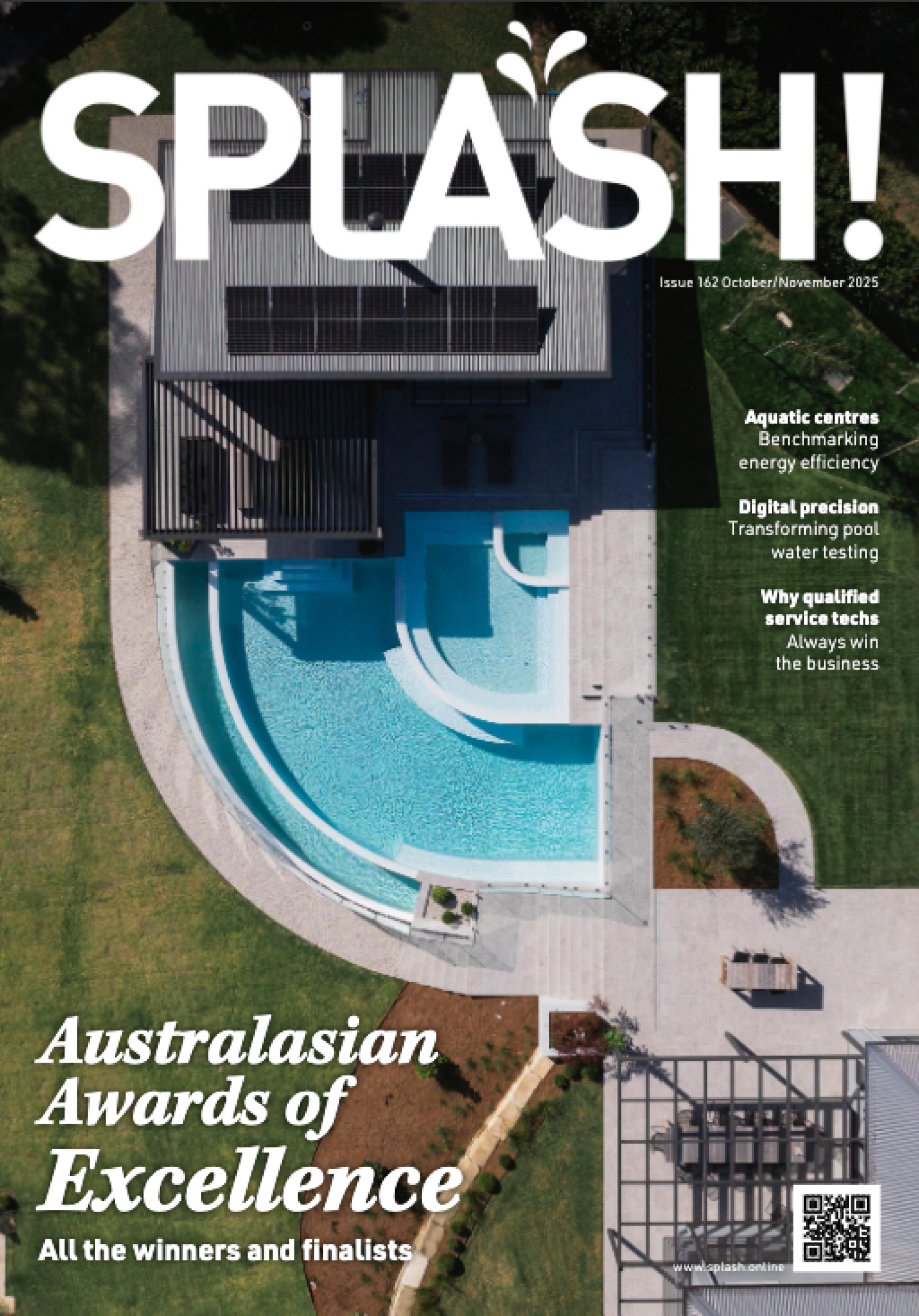Griffith Uni paper highlights importance of properly maintained swimming pools and spas

SPASA Australia requested that Griffith University comment on the potential risks of residential swimming pools and spas if they are not adequately maintained.
The resultant discussion paper – The Considerations of Human Health and Poorly Maintained Residential Swimming Pools/Spas by A/Prof Helen Stratton and Lindsay Hunt – presents an overview of the potential risks to human health if residential pools are not properly maintained.
This was an attempt to quantify health surveillance data with regards to incidents in swimming pools and spas – as such data is not reported in Australia.
The paper was used in an information and advocacy campaign to help pursue the case that swimming pool and spa technicians must be allowed to continue to service swimming pools and spas for the safety of the owners, family and guests.
“SPASA Australia acknowledges the difficulties that communities are facing during covid-19, but the swimming pool and spa industry is a contactless essential service industry provider and we do not want to replace one virus with another,” says Lindsay McGrath, SPASA Australia CEO.
“Industry dialogue and a rational approach throughout this unprecedented national health and safety crisis is important so that industry can continue to provide essential services for pool and spa owners and keep them safe and well.”
Even though restrictions are beginning to ease around the country, it is important to consider the important findings of the paper.
Summary
The following points can be drawn from the information presented in the discussion paper:
• While anecdotally, health indicators suggest that the benefits of owning and using a pool/spa exceed possible risks, research is required to better quantify residential pool water quality and quantitative risk to establish our understanding of poorly maintained pools/spas and water quality.
• Transparent and robust validation and verification of research into disinfection technologies needs to be conducted and readily available to enable consumers to make informed decisions when purchasing systems.
• There is a need to ensure that pool maintenance service technicians are providing services that ensure pool water quality meets AS 3633. This can be achieved by encouraging accreditation and development of a code to establish uniformity within the industry, based on the Model Aquatic Health Code (MAHC 2018).
• Consumers should be encouraged to use accredited service providers to maintain residential pools where they don’t have the capacity to carry out the maintenance themselves.
• Owners capable of maintaining pools should be encouraged to have intermittent inspections and testing of their pool to ensure the system is functioning correctly and there are no breaches of building codes, lowering legal liability and physical risks.
• Consumers are advised to seek out service providers that are members of a recognised industry body, such as SPASA, to ensure they carry out their work in line with AS 3633.
The researcher
A/Prof Helen Stratton is a microbiologist in the School of Environment and Science, Griffith University. Her most recent role at Griffith University was as the Executive Manager of the Smart Water Research Centre, (August 2014 – October 2016), during which she set the strategic direction of the Centre, successfully engaged and managed a consortium of eight partners, lead multiple large projects, commercialised research outcomes and continued to build a training programme for the water sector. Through this role she has managed a state-of-the-art facility, project budget and staff with a turnover that varies from $500k to $2M pa. She has over 25 years’ experience in water and wastewater research developing a comprehensive understanding of the technical, social and economic issues that the sector faces.
Stratton has worked extensively as a consultant to the water industry and has developed strong client relationships throughout Australia and internationally. All industry projects that she has implemented or led over the past two decades, have had multiple partners and been multidisciplinary encompassing chemists, engineers, microbiologists, modellers and social scientists.
Stratton has published over 80 refereed articles in international peer reviewed journals, reports and conference papers. She has been a passionate volunteer for the Australian Water Association (AWA) since 1998, including being elected to roles such as the Queensland Branch president (2004-2006) and was an AWA Director for 10 years. This deducation has resulted in her being awarded the AWA Queensland Branch Distinguished Service Award in 2015 and Life Membership in 2016.
Contact: Download the discussion paper
CAPTION: Clean pool water is essential for swimmers’ health




